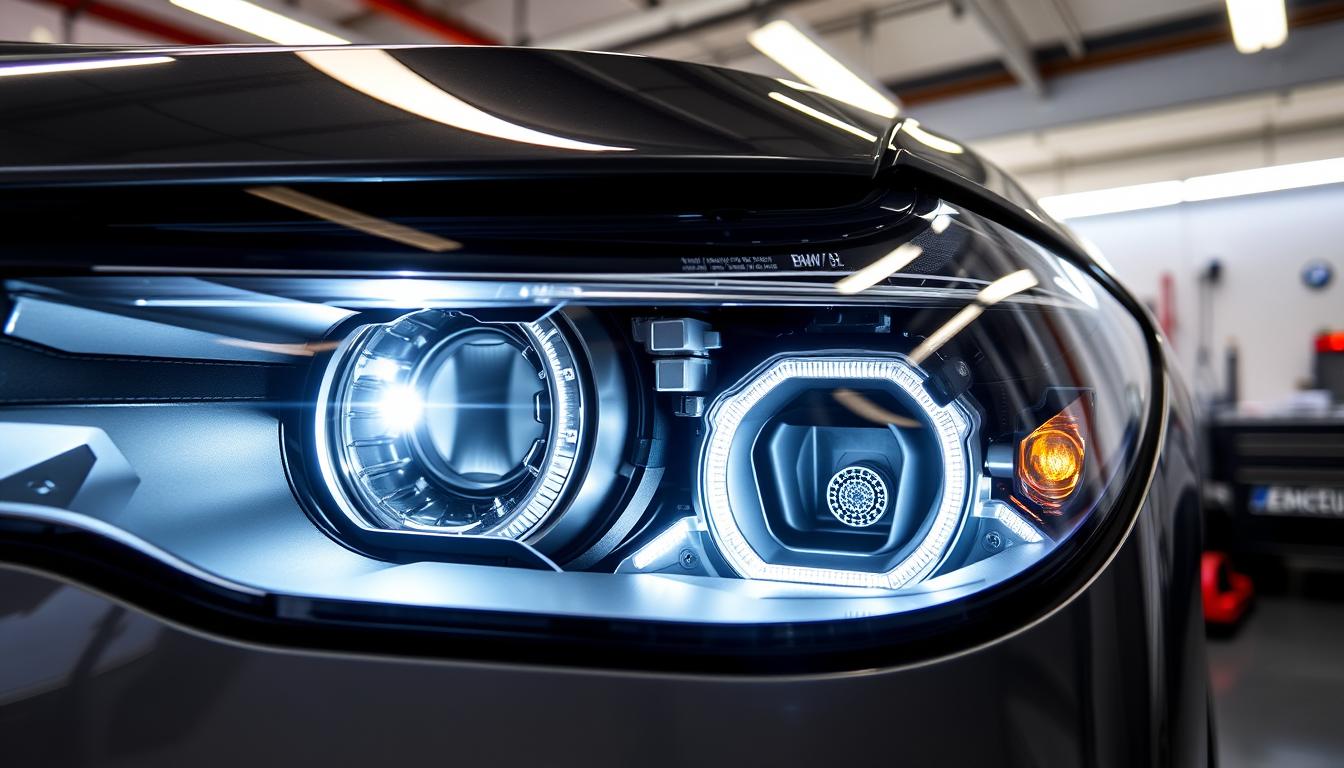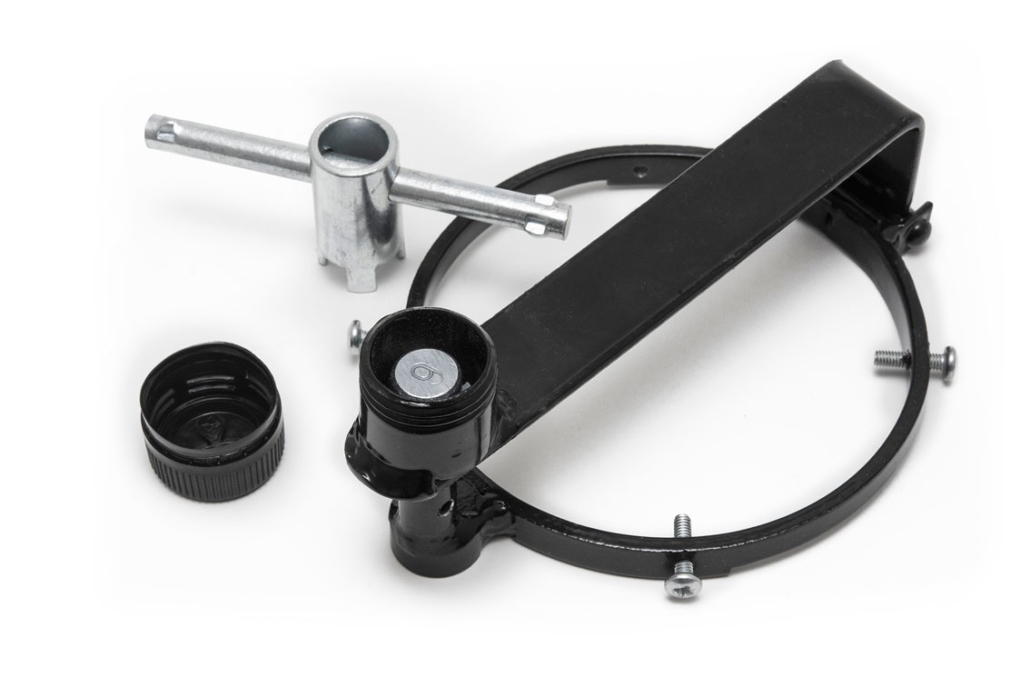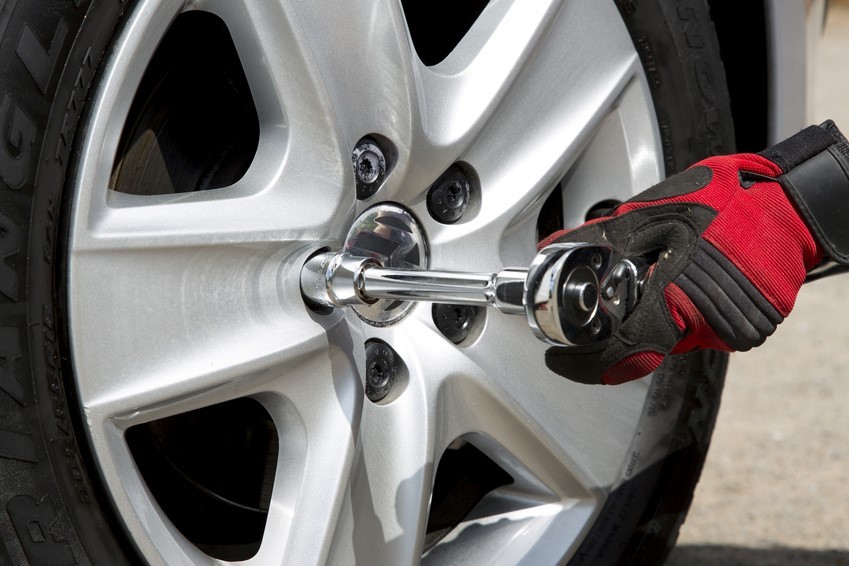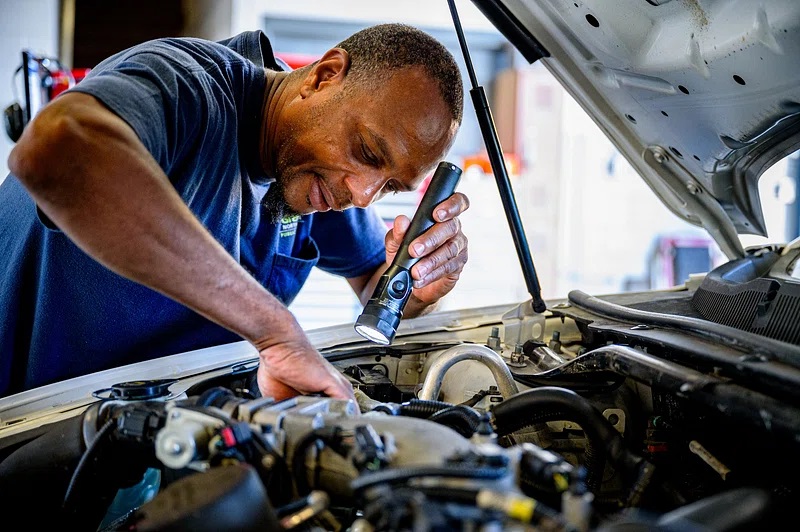Brake drums are crucial parts of a car’s braking system because they provide the friction needed to properly slow down and stop the vehicle. But with time, they may sustain wear and damage in a variety of ways, which might result in brake failure and higher maintenance expenses. Brake drum lifetime may be increased and overall vehicle safety improved by being aware of the main reasons of brake drum failure and taking preventative action.
Warping and Overheating
Overheating brought on by high friction and heat accumulation during braking is one of the main reasons why brake drums fail. Warping may occur when brakes are used often or with force because the heat produced can be greater than the brake drum material’s thermal limitations. Increased stopping lengths, decreased braking effectiveness, and uneven brake shoe wear may all be caused by warped drums. Drivers should avoid riding the brakes, practice calm and steady braking, and make sure the braking system is properly calibrated and maintained by the Auto Repair in Brick, NJ based service to minimize overheating.
Dangerous Brake Drums
Additionally, oil, grease, or moisture contamination may cause brake drum failure. These impurities may cause early wear and drastically lower the friction needed for efficient braking. Moisture may also cause corrosion and rust, which weakens the brake drum’s integrity even more. Vehicle owners should routinely check their brake parts and make sure that any leaks from adjacent systems (such coolant or oil) are quickly fixed to avoid contamination. These problems may also be lessened by using high-quality brake parts and making sure the brakes are cleaned properly during maintenance.
Inadequate Setup and Upkeep
Inadequate installation or maintenance is another frequent reason why brake drums break. Uneven wear and early failure may result from improperly mounted brake drums or from brake drums that are mismatched with other parts, including brake shoes. It is essential to do routine maintenance, which includes checking and adjusting the brake system. Drivers should follow the installation instructions provided by the manufacturer and perform routine alignment and balancing checks. Getting the help of a skilled technician will guarantee that every part is fitted and operating as it should.
Too Much Wear and Tear
Brake drums deteriorate over time, just like every other part of a car. Heavy loads, aggressive driving, and a lot of stop-and-go traffic may all hasten the natural deterioration. It is crucial to monitor driving patterns in order to prolong the life of brake drums. The pressure on the braking system may be lessened by avoiding excessive braking, minimizing the weight on the car where it is feasible, and keeping the speed constant. Regular inspections will also aid in the early detection of wear indicators, enabling prompt replacement prior to significant failures.
Conclusion
Reduced braking effectiveness and expensive repairs are only two of the major repercussions that might result from brake drum failure. Vehicle owners may avoid these problems by being aware of the typical reasons of failure, which include wear, contamination, overheating, and incorrect installation. Brake drum longevity and overall vehicle safety are greatly increased by routine maintenance, cautious driving, and high-quality parts.











Comments